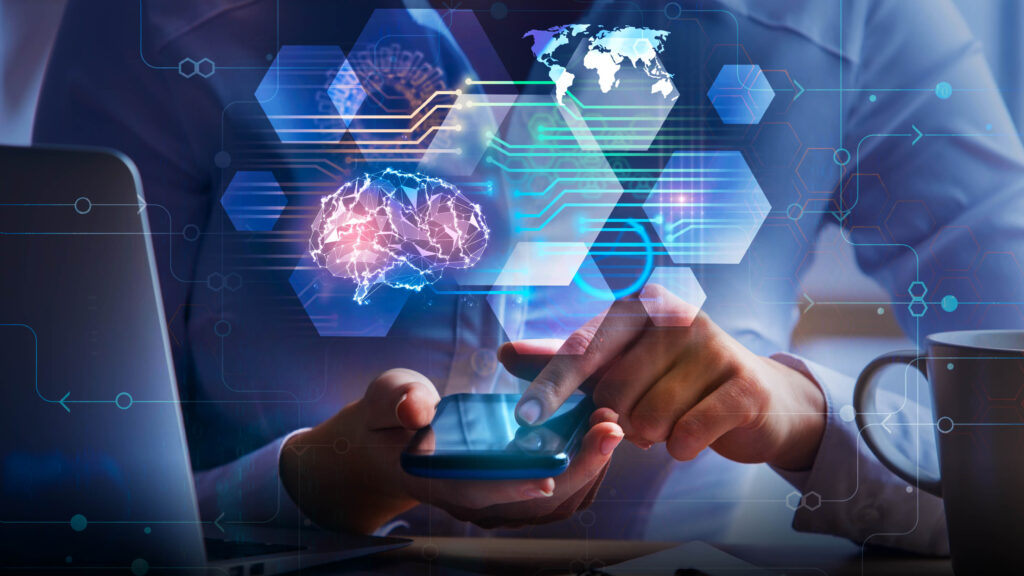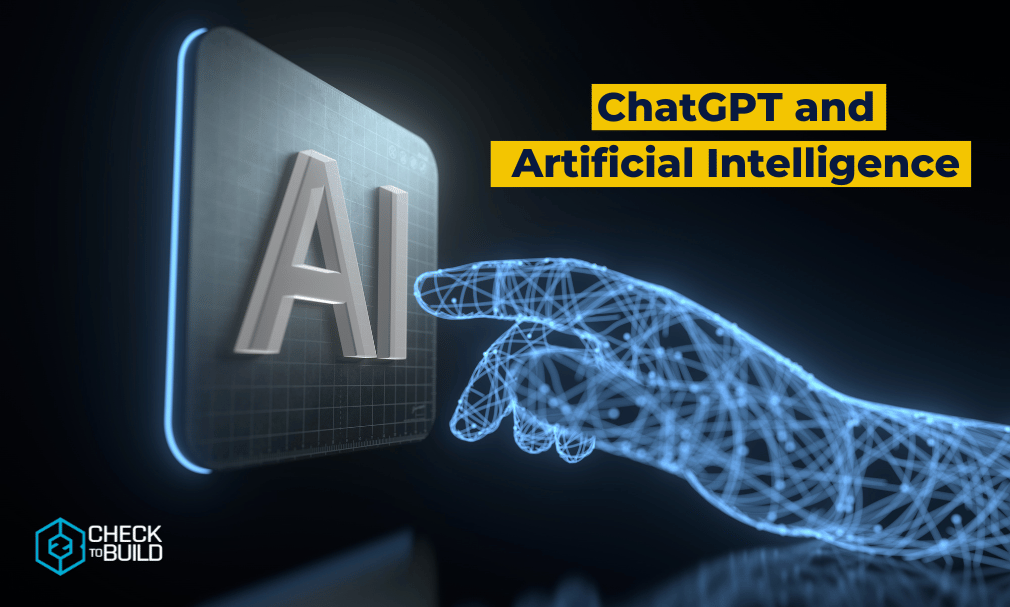What is AI?
Lately, the term Artificial Intelligence has been thrown around a lot, and most of us probably don’t know exactly what are ChatGPT and Artificial Intelligence means. Artificial Intelligence (AI) is a field of computer science that focuses on the design and development of systems and programs that can perform tasks that normally require human intelligence. AI is a discipline that uses machine learning techniques, logical reasoning, neural networks, natural language processing, computer vision, robotics, among others.
One of the most significant advances in the field of AI is deep learning, which is a machine learning technique that uses deep neural networks to analyse and process data. Deep learning has enabled AI systems to become more accurate and efficient in performing complex tasks, such as image classification and natural language understanding.
As AI continues to develop, there are also concerns about its impact on society, including job automation, privacy and data security, algorithmic bias and ethical responsibility. It is important to address these challenges as AI becomes an increasingly important part of our daily lives.
Despite these concerns, AI continues to evolve and show its potential. One of the most prominent developments today is ChatGPT.
What is ChatGPT?
ChatGPT and artificial intelligence are language models based on the GPT (Generative Pre-trained Transformer) architecture, developed by OpenAI. It is able to process and understand natural language and generate coherent and contextual responses from the information provided in the conversation.
ChatGPT is trained on large amounts of text and uses deep learning techniques to improve its responsiveness and provide a more natural and fluid conversational experience.
The model has been designed to be used in a wide variety of situations, from customer service to online education to personal assistance and technical support. Its ability to understand and generate natural language makes it very useful for human interaction, making it a valuable tool for many businesses and organisations.

How to use ChatGPT and artifcial intelligence?
ChatGPT is all the rage these days and is the subject of conversation everywhere, but how exactly is it used?
It can be used through various platforms that offer chatbot or virtual assistant services based on this technology. These services are often integrated into websites or mobile apps, and allow users to interact with this tool by entering questions or phrases in a text box.
To use it in a conversation, simply start a conversation with the chatbot and type questions or comments in the text box provided. ChatGPT will then process the input and generate a response based on your previous training and the context of the conversation.
It is important to note that although ChatGPT is able to generate coherent and contextual answers, it may not always understand or correctly answer all questions. Therefore, it is advisable to use clear and concise questions to get the best possible answer.
Uses of ChatGPT in the construction industry
- Technical advice: ChatGPT can answer technical questions about construction, such as material strength, load-bearing capacity of pillars, material selection, construction life span, etc.
- Decision support: provides useful information for making decisions on construction projects, such as material selection, project planning, selection of construction techniques, costing and budgeting.
- Maintenance and repair assistance: provides information on maintenance and repair of buildings and structures, such as identification of common problems, selection of repair techniques, and determination of repair costs.
- Project management assistance: can assist in the management of construction projects by providing information on scheduling, monitoring and control of projects, resource allocation, and risk management.
- Training: it can be used as a training tool for construction personnel, providing technical and safety information on construction, standards and regulations, and best practices.
In general, ChatGPT and artificial intelligence can be used in the construction sector to provide useful information, improve efficiency and quality of construction projects.
The application of artificial intelligence and technology in the construction sector
The construction sector is one of the most important sectors of the global economy and, although it has traditionally been slow to adopt advanced technologies, it is undergoing significant changes in recent years.
Technology is being used in construction to improve productivity, reduce costs and improve the quality of work.
At CHECKTOBUILD we decided to take a step forward and innovate in this sector with technology. One example is C2B Platform, which provides the following advantages:
- Automated quality control and progress control in minutes. We combine BIM, Reality Capture and AI (machine learning) to enhance your productivity.
- Adaptive tolerance analysis: Define your quality parameters and the tolerance you need to validate your work.
- Potential errors identified before they happen: C2B Platform allows you to carry out preventive and efficient quality control. It verifies the formwork installation and detects potential deviations before taking the next step.
- As-Built model verification: Verify your the BIM model, make sure you are not missing any elements during design and modelling.
- Progress monitoring: Automate the measures you need to certify the work that has been done
- Instant decision-making: Results in minutes available in 3D viewer and downloadable reports.Make decisions and share information in 1 click.
The adoption of technologies, such as C2B Platform, that employ artificial intelligence in the construction sector is changing the way buildings and infrastructure are designed, built and managed. It has also led to greater efficiency in the sector, resulting in reduced costs, increased quality of work and improved workplace safety.
On top of this, technology can also help construction companies become more sustainable and environmentally friendly. In short, technology is key to the digital transformation of the construction industry and its evolution into a more modern, efficient and sustainable sector.

